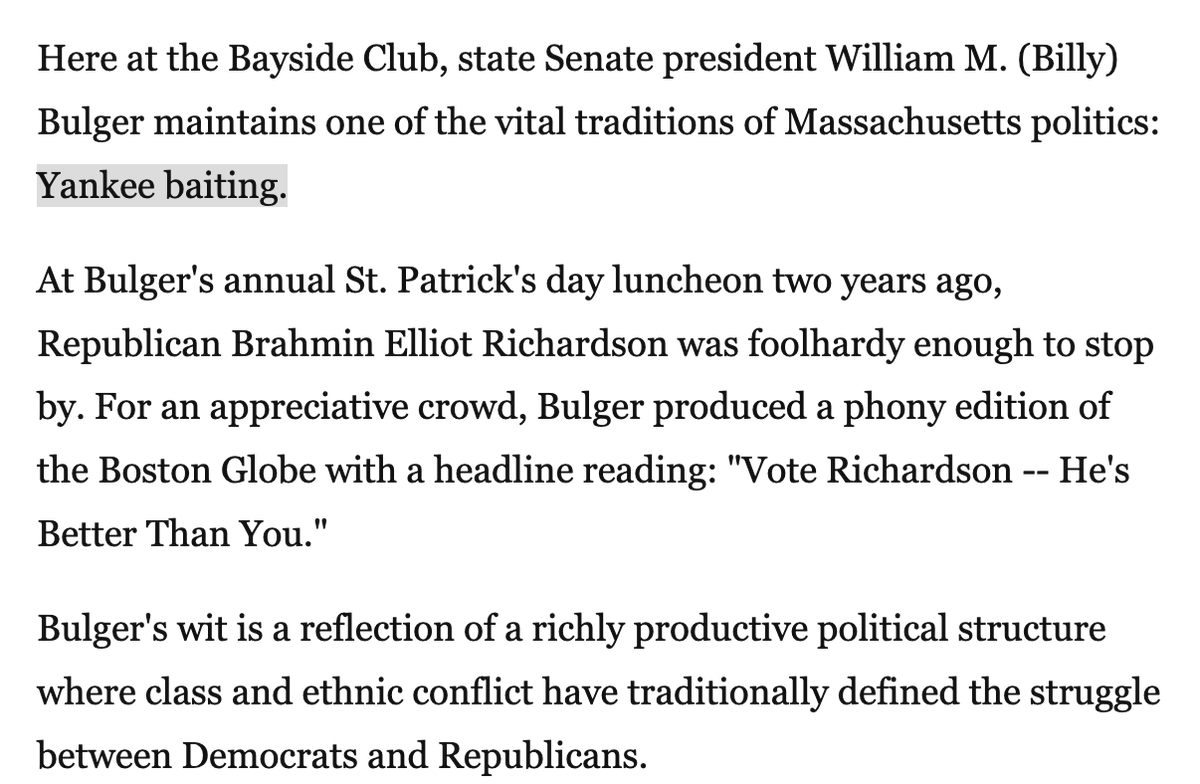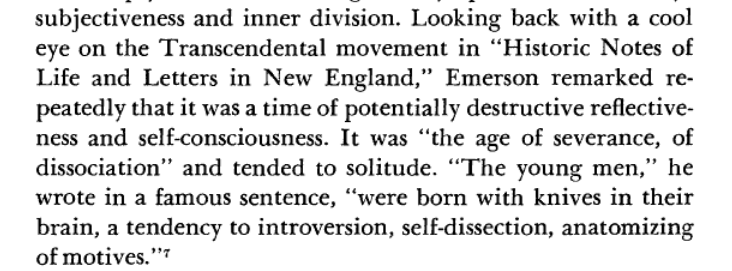
"Egghead" specifically referred to Democratic intellectuals seen as being crackpots and/or being sympathetic to communism.
It was a term seized upon by establishment Republicans (and some establishment Democrats) who were themselves college-educated.
It was a term seized upon by establishment Republicans (and some establishment Democrats) who were themselves college-educated.

It's pretty clear that one here is talking about intellectually-inclined liberals or Democrats in general, despite the way this is typically framed. They are talking about privileged leftists (in both parties) with poor judgment. Apparently a topic of complaint in every country. 





This was obviously true for most of the 20c, but it was common for Democrats to (mockingly) call the Republican Party "the party of ideas" in the late 19th century. We take those ideas for granted for now, but no one did more intellectual work than the 1856-1865 Republican Party. 

I'm still not sure why the GOP didn't figure this out on its own. Maybe it did and we just don't hear much about it. Interesting that Moynihan says "real Republicans," not "conservatives." The "conservativism" framing may have been inevitable, but strikes me as a strategic error. 

This 2015 Politico article is concerned that Trump may be unwilling to listen to GOP intellectuals, or that they'll have nothing offer him. Now the media expresses outrage that pro-Trump intellectuals exist. 

Government-by-enlightened-expert-bureaucracy leads almost immediately to raw machine politics. It just has no record of success. 

• • •
Missing some Tweet in this thread? You can try to
force a refresh


































